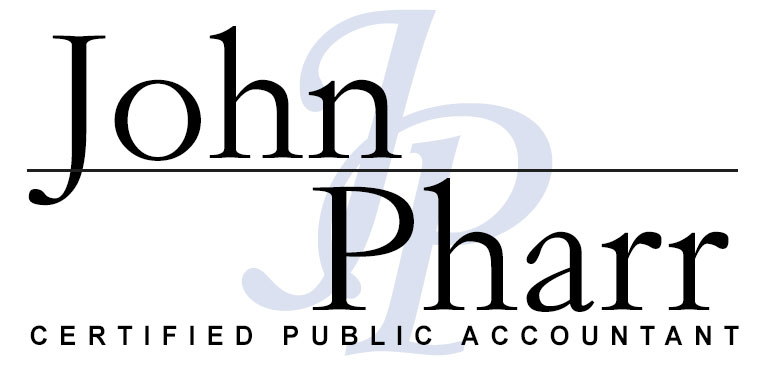S-Corp Analysis
After sitting with clients the last few weeks, I realized I have been discussing the same topic over and over. The reoccurring topic, how to structure your business? After going over the pros and cons of most business structures with clients, we have found most businesses will benefit from an S-Corp the most. So, I have decided to provide an S-Corp analysis for everyone. These are not all the advantages and disadvantages of an S-Corp, but they are the ones we feel affect the most people.
Possible Changes?
Now we must keep in mind that none of these advantages are permanent. Also, we must consider the fact that we are on the brink of a new presidency. A new presidency means new tax laws that could eliminate some of the advantages or disadvantages. However, it will complicate the tax matters, but it will not eliminate it all completely. So with all that in mind, here is the list:
S-Corp Analysis Advantages:
- Shareholders are not subject to double taxation on income in retained earnings.
- The income and loss of the S-Corp are allocated pro rata to each shareholder based on their ownership of all the shares of an S-Corp.
- An S-Corp is not subject to Social Security and Medicare taxes on pass-through income because it is not “self-employment income.”
- An S-Corp can pay its shareholders a reasonable salary and only be taxed for Social Security and Medicare purposes on that salary, and not on the distributive allocation.
- The corporation can have an unlimited life and shares can be transferred easily to other people or entities.
- Shareholders get the maximum protection for their personal assets if they keep their business affairs separate from their personal affairs. If they do not, the courts can pierce the corporate veil.
- An S-Corp is eligible for the 20 percent Section 199A deduction on qualified business income, except as disallowed by law generally for certain service corporations.
S-Corp Analysis Disadvantages:
- It can only have 100 shareholders.
- Shareholders must be individuals and certain trusts.
- Partnerships, C corporations and multi-member LLCs cannot be shareholders.
- Distributions to shareholders may be taxable if they exceed the AAA account first, earnings and profits second, and then the remaining basis in stock.
- S-Corps must generally use a calendar year for reporting profits and losses
- An S-Corp must make a proportionate allocation and distribution based on ownership interest.
Notes:
Lastly, If you need anymore information, please visit our website or check out additional articles that may help you.




